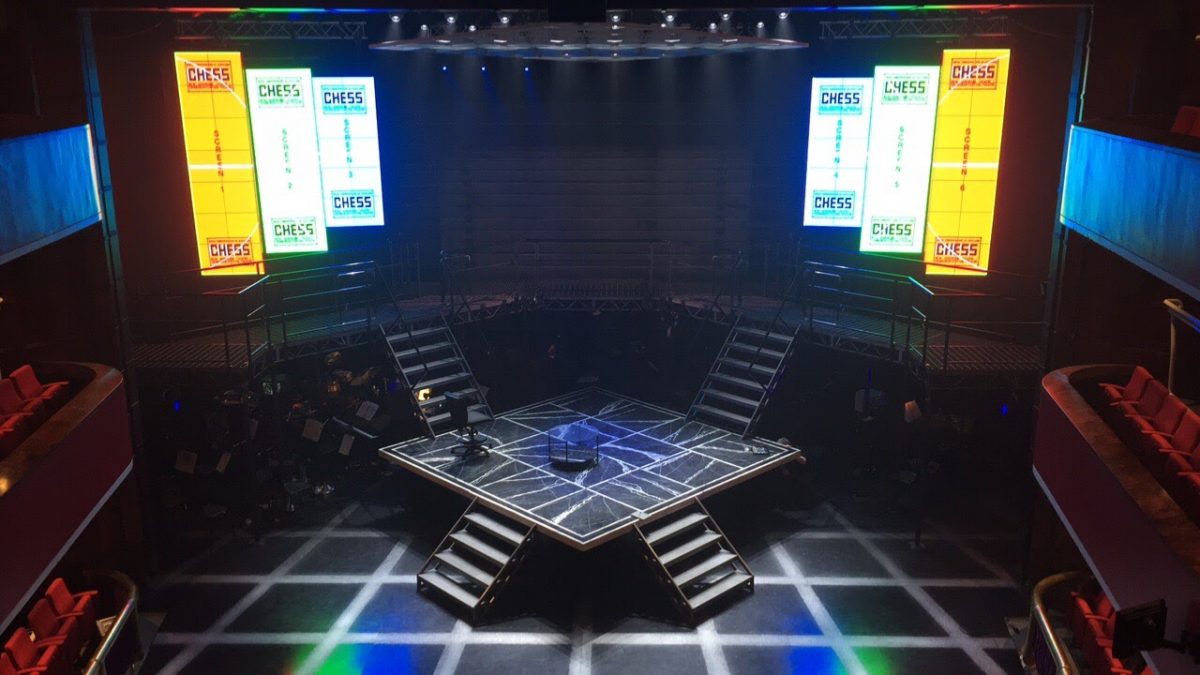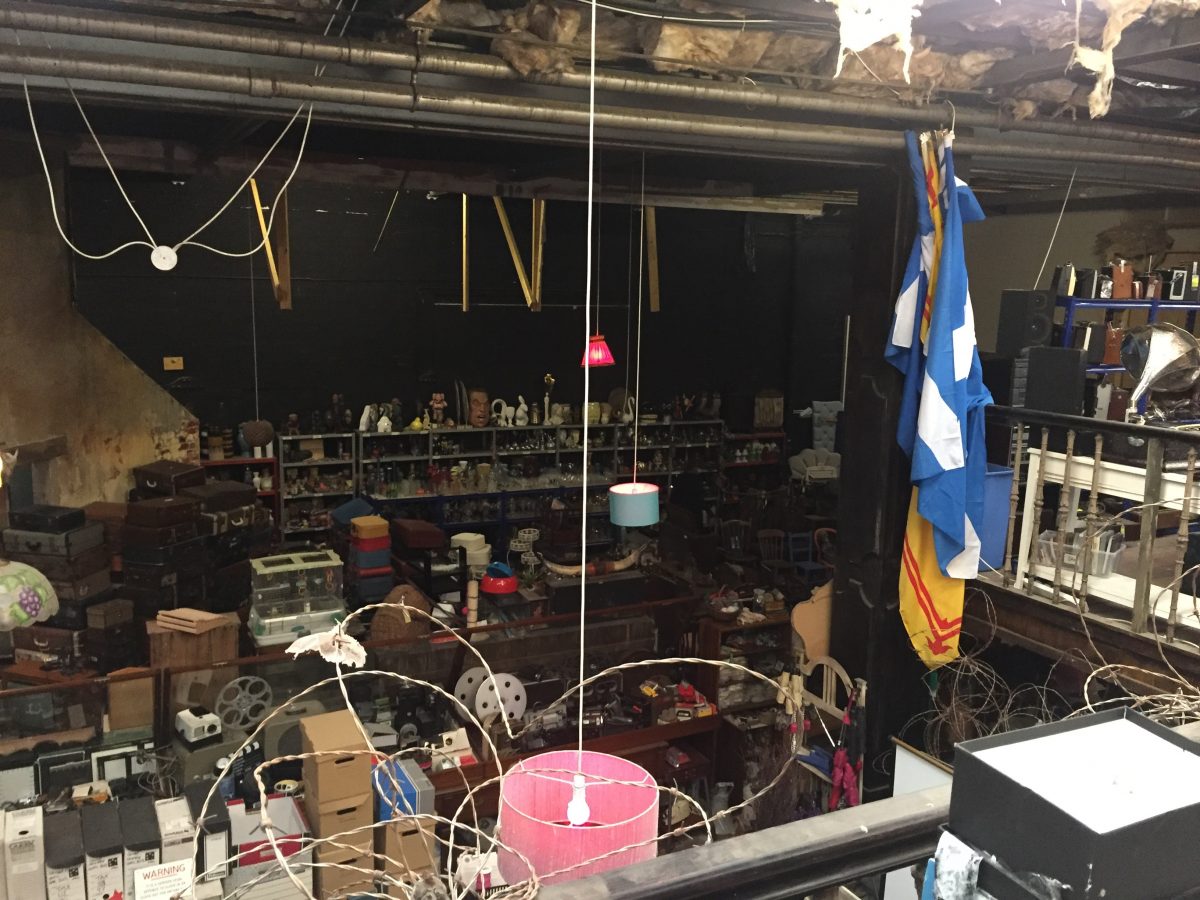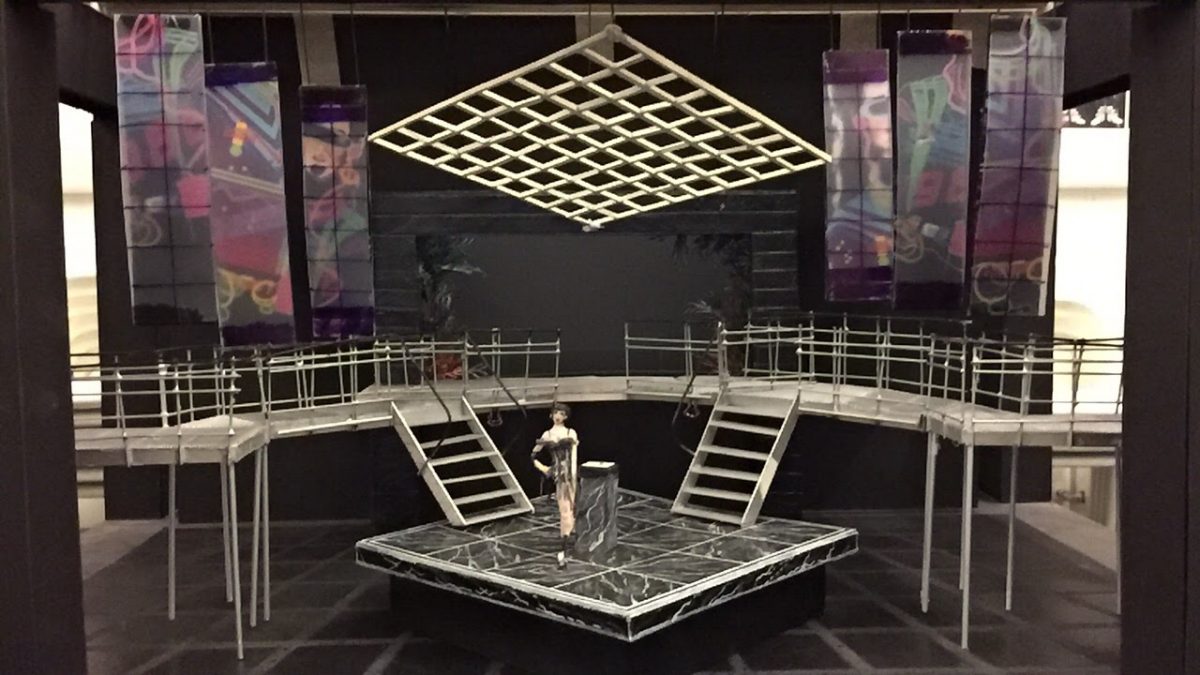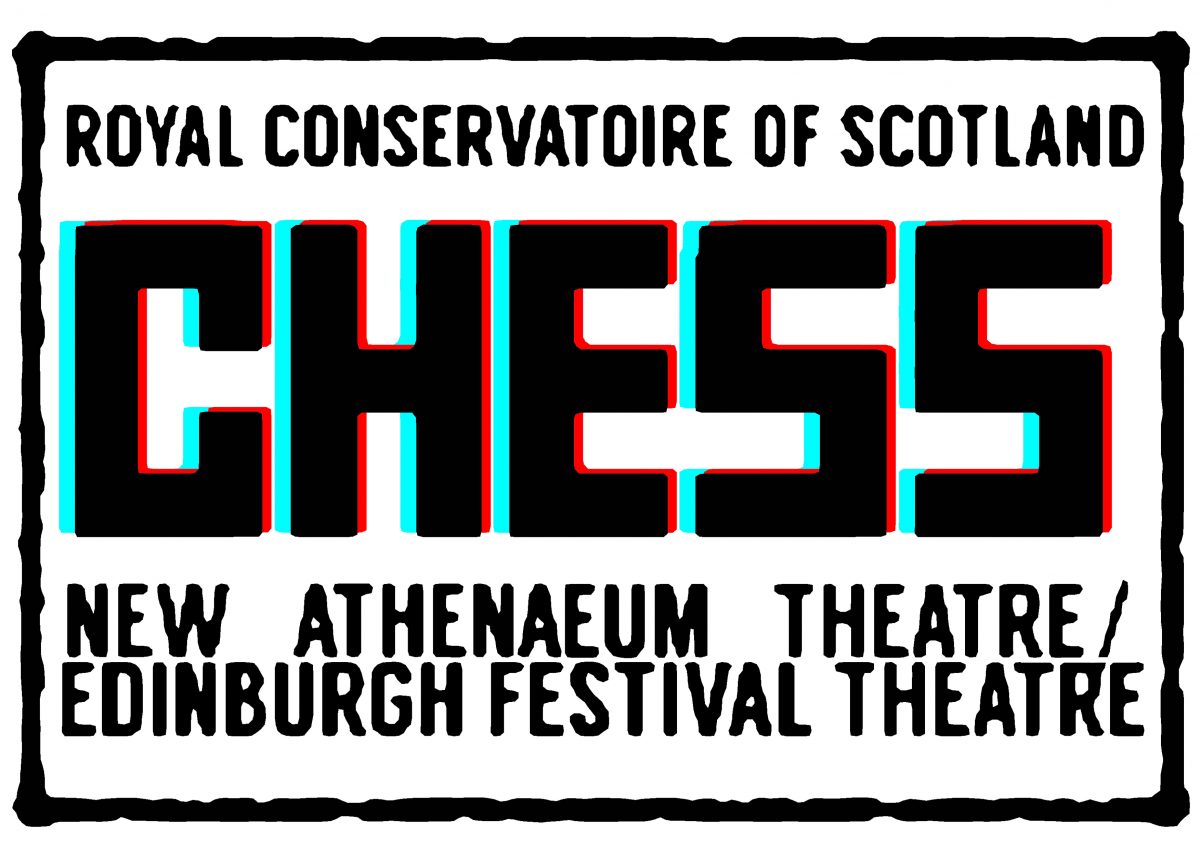Tech week hit harder than it should have and left scars that will last a while. Prior to the first session, Babette once again outlined her expectations for us, introducing us into a process that I personally had had no experience of at this scale. These calming words proved to have little reflection on what actually happened, however, as the scale of the production, and the snail’s pace at which we were piecing it through, led to tensions running abnormally high and people becoming more stressed than they likely should have been for the environment they were in. For crew who have watched a show once and are still in the process of writing and learning their own track, I felt very stressed and out my comfort zone as, those who I had looked to for answers previously, became unavailable, leaving me without a point of reference for tasks like resets – about which I had no clue as I had never seen parts of the performance. It also proved infuriating to be scorned for not executing tasks or actions which I thought I had been doing, such as making myself visible during holds and assisting the cast with changes. Reflecting on these now, I understand my shortfallings on these but, in the new situation as it was, I felt some responses – from other team members particularly – should have been more restrained in their tone.
But tech went as fast as it had arrived and I could feel myself beginning to feel more comfortable with the running of the show and executing the cues on my running list. Though a note for the future: BNC cable was invented by Satan. Do not use if it could be avoided.
As we actually got into performances, the team settled into a rhythm – setting aside the need to complete all of our jobs as soon as possible by running about the stage frantically – to learning to work over and around one another, realising the importance of one another, and anticipating how you could assist someone else without doing their cues for them. By building the show into muscle memory it becomes easier and more pleasurable to run, and took the stress out of the experience.
The Glasgow strike went as well as it could have done. I had dry-packed all of our props into the cage and flight case when we first loaded into the Ath, compiling packing lists and images which we could then utilise for the transfer. With these as a basis, our pack was completed within two hours of the show coming down, allowing us the opportunity to jump on to and assist other departments with their strike on the Sunday. I ended up assisting AV programmer Fraser with his strike, which I found to be an invaluable experience, as he spent time explaining how everything was rigged and connected in a way I could understand. This gave me an insight into a side of electrics I had no prior knowledge or experience of and, by examining things like that in a production context, it gave me the opportunity to further my understanding. Twelve hours and four cups of coffee later, the show was in two Arctic lorries, prepped to meet the Stage Techs, Lighting and Sound teams at the Festival Theatre on Monday. Thought this allocation was a Stage Management one, I will hold out that the strikes – both in Glasgow and Edinburgh – were some of the high points of this show allocation.





